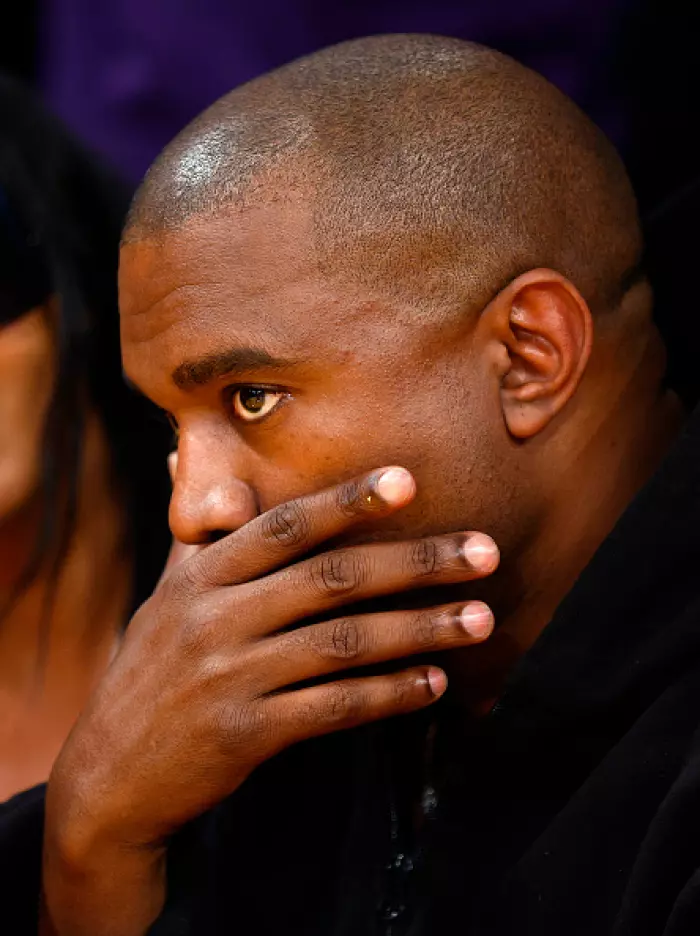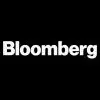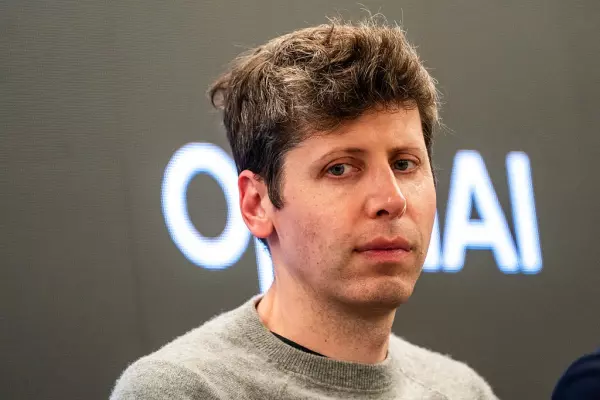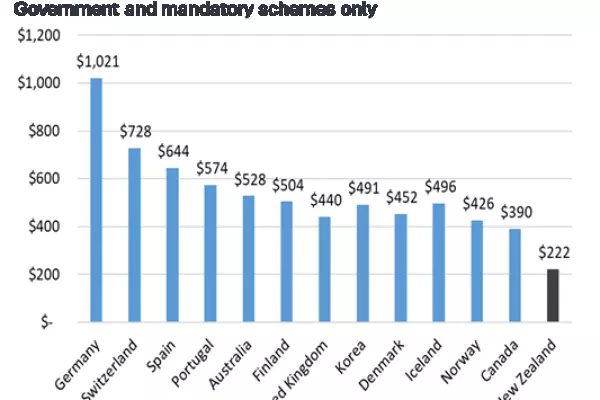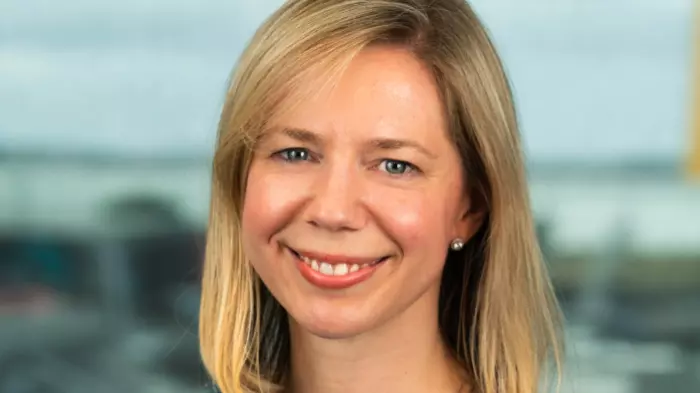By Parmy Olson
It used to be that newspapers were the must-have baubles for wealthy ideologues. Now, social media platforms are becoming the trophy asset of choice for powerful individuals who want to push an anything-goes view on free speech, especially if they’ve been burned by the rules on more established sites.
Kanye West is the latest to throw his hat in the ring to become a platform proprietor, pushing for the “right to freely express ourselves”.
The musician and apparel tycoon also known as Ye has agreed to buy Parler, a relatively small forum that calls itself a free-speech alternative to Twitter.
Parler is a right-wing network that Apple and Google temporarily kicked off their app stores following reports that it was used to plan the storming of the US Capitol on Jan 6 last year.
"In a world where conservative opinions are considered to be controversial, we have to make sure we have the right to freely express ourselves," Ye said in announcing the deal.
 Kanye West performing at the Vector Arena (now Spark) in Auckland in 2008. (Image: NZME)
Kanye West performing at the Vector Arena (now Spark) in Auckland in 2008. (Image: NZME)This month, the rapper was suspended from Twitter and Instagram for antisemitic posts, including a tweet that he was going to go “death con 3 On JEWISH PEOPLE”.
He joins a motley crew of volatile plutocrats who want to host their own free speech playgrounds, where users can post extremist viewpoints, conspiracy theories and more. Elon Musk is on course to wrangle Twitter, and Donald Trump – who was also banned from Twitter and Facebook for inciting violence – has built the platform Truth Social.
Nothing is straightforward about any of these deals. For a start, we don’t know how much Ye agreed to pay for Parler, or if he has managed to pull together adequate funding for an acquisition. Parlement Technologies, which owns Parler, said on Monday that it had “entered into an agreement in principle” with Ye and didn’t disclose financial terms. Neither the company nor Ye responded to questions about the deal.
Musk’s Twitter acquisition is hardly a done deal, either, and Truth Social’s funding via a blank-cheque company, which was created to take it public for about US$1 billion (NZ$1.76b), has also been beset by delays.
 Elon Musk has set his sights on controlling Twitter. (Image: Supplied)
Elon Musk has set his sights on controlling Twitter. (Image: Supplied)If all three deals get completed, the internet might just enter uncharted territory with a trio of platforms controlled by capricious billionaires and a seemingly unhinged celebrity. But maybe not. This evolution isn’t quite so unusual when you consider that for more than a century, traditional media has been steered by powerful proprietors, from Rupert Murdoch to Ted Turner, with a range of crackpot owners in between.
Henry Ford, for instance, owned the notorious Dearborn Independent weekly newspaper from 1919 to 1927, which he used to promote shockingly antisemitic views, with articles claiming that a vast Jewish conspiracy was infecting the US and that Jews were bent on corrupting the world through wars and the stock market.
The paper had a circulation of about 500,000 and was distributed throughout the US via Ford’s network of car dealerships.
In the UK, aristocratic brothers Alfred and Harold Harmsworth started the Daily Mail newspaper in 1896 to publicly cheer for British imperialism, as well as the rise of fascism in Europe and in Germany in the 1930s.
Though today’s social media proprietors are focusing on free speech, they may eventually come to echo their predecessors by pushing an agenda with their platforms. It won’t be as simple as printing a punchy editorial in a newspaper, but there are still levers these owners can pull to amplify a message directly from their profiles or from their supporters.
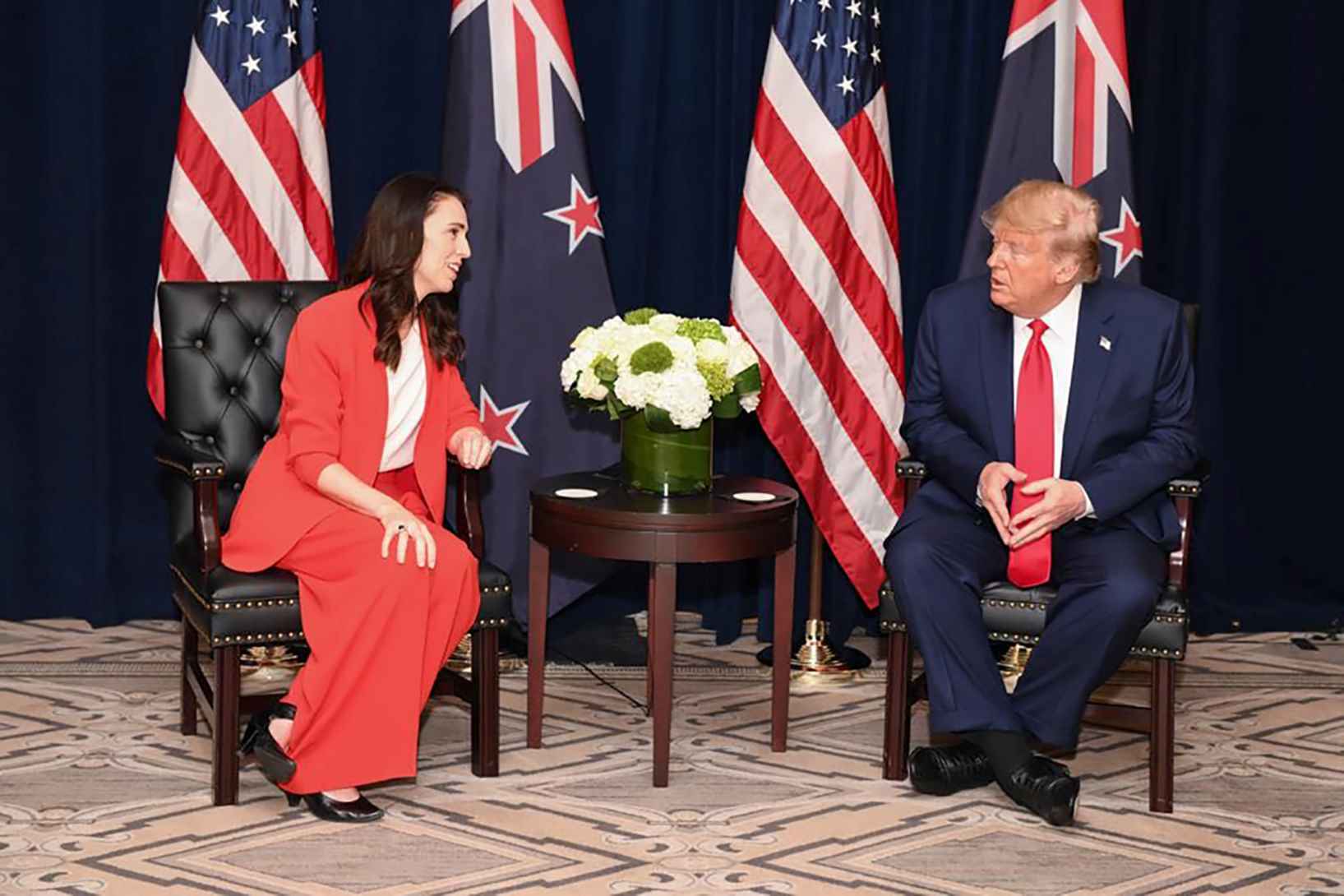 Donald Trump, then US president, in conversation with Jacinda Ardern in New York in 2019. (Image: NZ government)
Donald Trump, then US president, in conversation with Jacinda Ardern in New York in 2019. (Image: NZ government)For Trump, that goal is likely to try to get himself elected US president again, while for Musk, that might mean promoting his own companies via Twitter.
Kanye’s crude and bizarre statements about race have been all over the place, so it’s unclear what ideas he may try to promote through Parler.
The site has about 16 million registered users, according to a spokesman for Parler. On Truth Social, Trump has just over four million followers.
These figures are tiny next to Twitter, which has more than 230 million active users, and Facebook, which has almost three billion. But wealthy proprietors who dabble at the fringes could still cause trouble, particularly if they allow conspiracy theories as crazy as QAnon to flourish. That would do tremendous damage.
© 2022 Bloomberg L.P.
For more articles like this, please visit us at bloomberg.com/opinion


